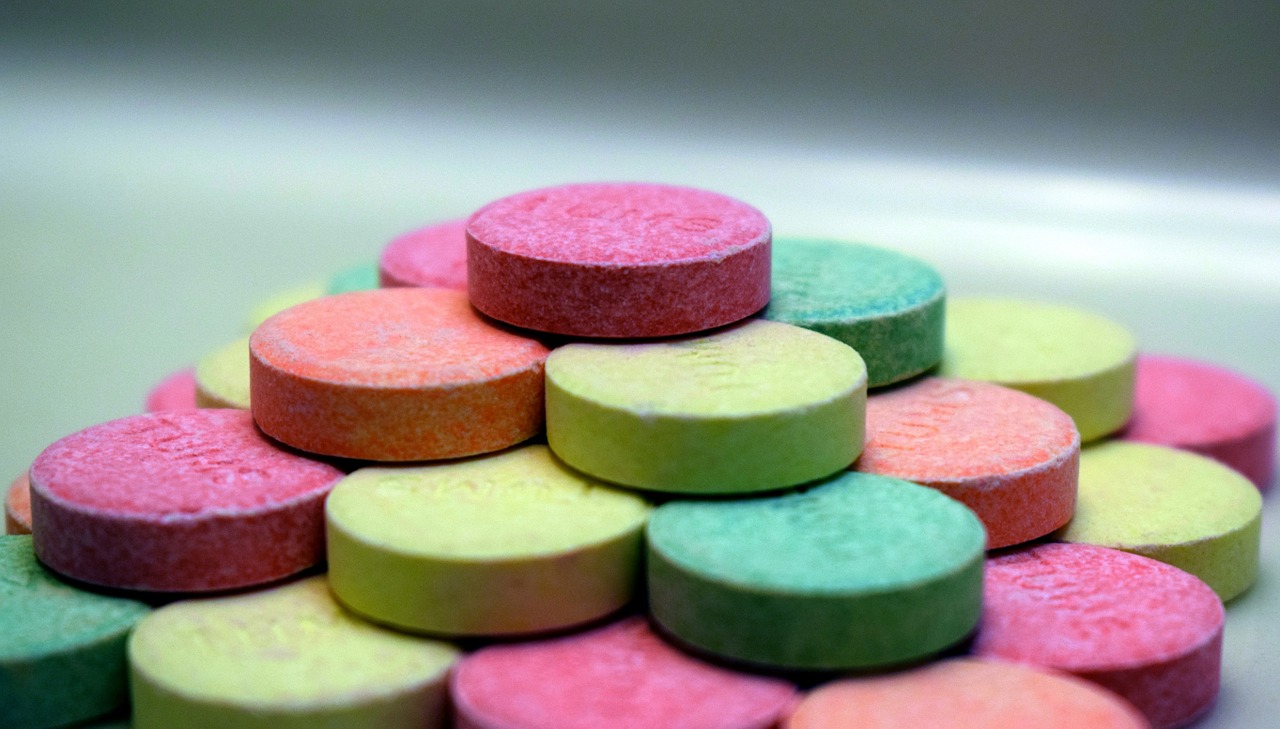
A class of drugs commonly prescribed to treat acid reflux and heartburn has come under scrutiny for potential side effects that could raise users’ susceptibility to viral infections, pneumonia and other conditions.
Proton pump inhibitors (PPIs), which reduce gastric acid production, are often prescribed for frequent heartburn, gastroesophageal reflux disease (GERD) and indigestion. According to researchers, regular use of PPIs may impair the body’s natural defenses against ingested bacteria and viruses.
A recent study analyzing over 80,000 patient records found that those taking PPIs daily had over double the risk of contracting COVID-19 compared to non-users. For those taking high doses twice daily, the risk was over three times higher.

“Most people do not realize that these drugs were designed to be taken for no more than eight weeks when first approved by the FDA, even though they are often used long-term despite their well-documented risks,” said Ann Musico, holistic health coach and author of “Today is Still the Day.”
A recent study analyzing over 80,000 patient records found that those taking PPIs daily had over double the risk of contracting COVID-19 compared to non-users. For those taking high doses twice daily, the risk was over three times higher.
Researchers theorize that PPIs’ acid suppression causes hypochlorhydria, or low stomach acid levels, which can hinder the body’s ability to defend against pathogens. Other studies have linked chronic PPI use to a 33% higher risk of intestinal infections.
PPIs have also been associated with a 4.5 times greater risk of developing pneumonia, as bacteria can migrate more easily from the intestines to the lungs when acid is depleted.
While PPIs were originally intended for short-term use, many patients stay on them indefinitely despite potential side effects. However, for reflux and indigestion, experts say there are often safer alternatives.
Lifestyle changes like losing weight, avoiding trigger foods, and not eating before bedtime can alleviate symptoms for many. Elevating the head while sleeping, wearing loose clothing and taking supplements like hydrochloric acid and digestive enzymes may also provide relief.
“Try not to eat at least 3 hours before bedtime to allow yourself ample time to digest your last meal and avoid wearing tight clothing that may restrict your ability to digest,” said Musico.
For those using PPIs regularly, experts recommend consulting your physician about modified dosages, alternative solutions and ongoing monitoring for potential risks. Balancing efficacy with safety is key.

Leave a Reply